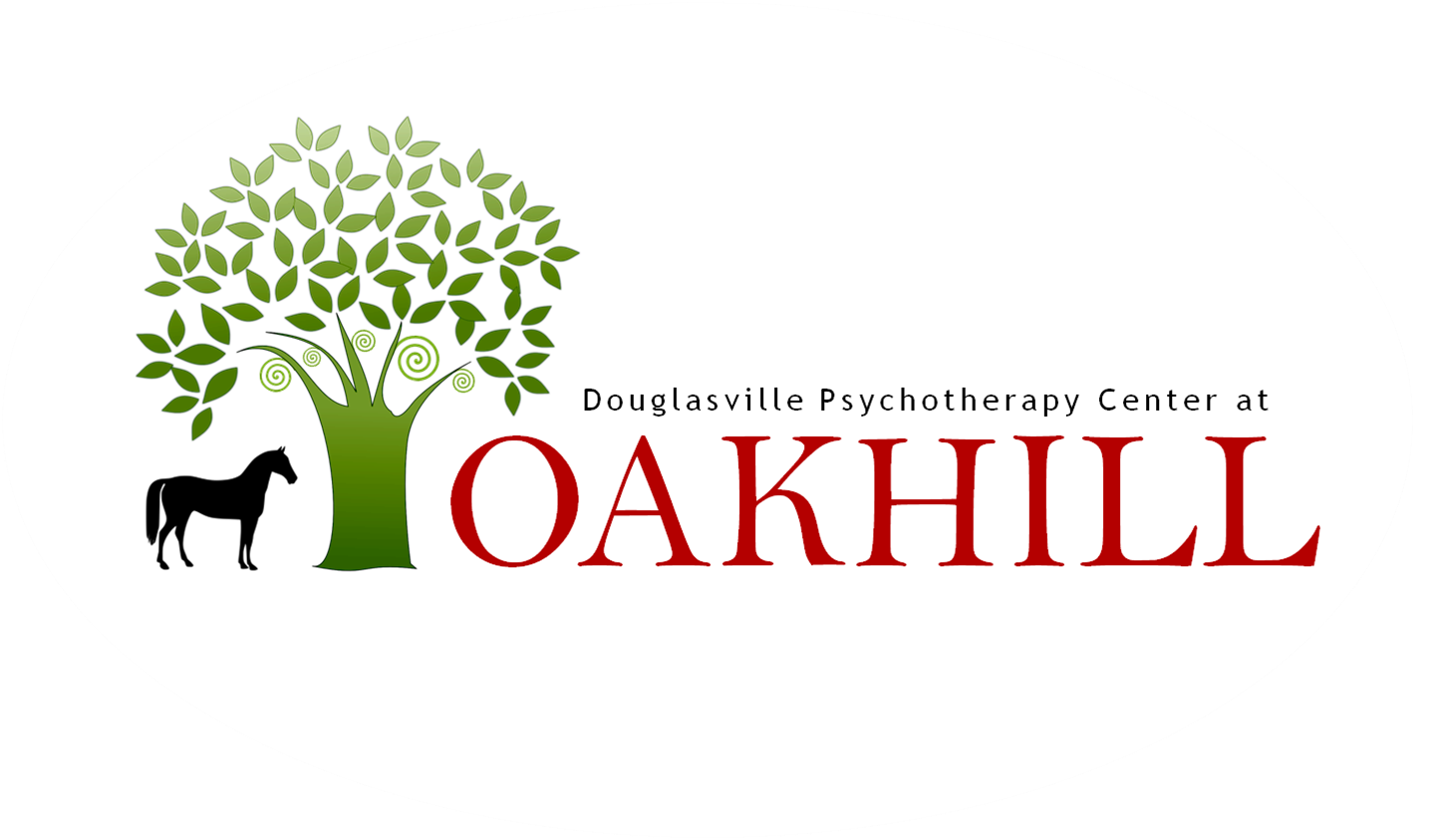Sandtray Therapy is one of our many holistic wellness protocols offered by the Douglasville Psychotherapy Center at OakHill.
Sandtray Therapy
Sand tray therapy focuses on the experiences of the person in therapy, at that moment and therapists actively facilitate the experiences of awareness and growth.
While individuals in treatment are encouraged to open up emotionally, the therapeutic relationship in sand tray therapy must be strong in order for the treatment to be effective.
Verbalization is an essential element of each humanistic sand tray session. Clinicians who use this technique rely solely on the client to find solutions to their problems, using the sand as a healing tool. Through creative expression, therapy promotes the manifestation of things they might not easily vocalize or address in traditional talk therapy. The therapist treats the person as whole and healed, relying on the process of sand tray therapy to allow the person to find the answers that are already within them.
ACCELERATED RESOLUTION THERAPY (ART)
Donna Watkins, MEd, LPC is one of only a handful of Accelerated Resolution Therapy trained practitioners in the state of Georgia. Accelerated Resolution Therapy (ART) is a type of psychotherapy that is accepted as evidence based by SAMHSA and substantiated by proven therapeutic methods. ART is uncomplicated for the participant by using rapid eye movements that are easily done and calming. It is not hypnosis, and the client is in control. ART aids in the rapid resolution of traumatic experiences by the participant’s moving past painful events toward personal growth. ART is useful especially for post-traumatic stress disorder (PTSD), sexual abuse, domestic violence, depression, anxiety, and many other mental and physical conditions that are affecting a person’s quality of life. Clients may experience rapid results in just one session.
Along with the use of specific eye-movements ART uses a specialized technique call Voluntary Memory/Image Replacement that allows the participant to keep a memory that no longer will be a trigger to painful emotions and somatic symptoms. An essential characteristic of ART is the participant’s ability to process trauma and other events or states of being that are causing distress without revealing the trauma or story to the therapist. The participant is able to gain awareness and insight that emboldens the participate to change thoughts and behaviors. ART is utilized on several military bases, and peer-reviewed research continues to be generated.
CHILD PARENT PSYCHOTHERAPY (CPP)
CPP is an intervention for children from birth through the teen-aged years, who have experienced at least one traumatic event (e.g., maltreatment, the sudden or traumatic death of someone close, a serious accident, sexual abuse, exposure to domestic violence or a environment where substance abuse has occurred) and, as a result, are experiencing behavior, attachment, and/or mental health problems, including post-traumatic stress disorder (PTSD).
The primary goal of CPP is to support and strengthen the relationship between a child and his or her parent (or caregiver) as a vehicle for restoring the child’s sense of safety, attachment, and appropriate affect, while improving the child’s cognitive, behavioral, and social functioning. This evidenced based treatment provides a preventive measure by restoring the child’s resiliency and improving their stress hardiness, thereby decreasing the chance of developing chronic, long term mental health problems.

